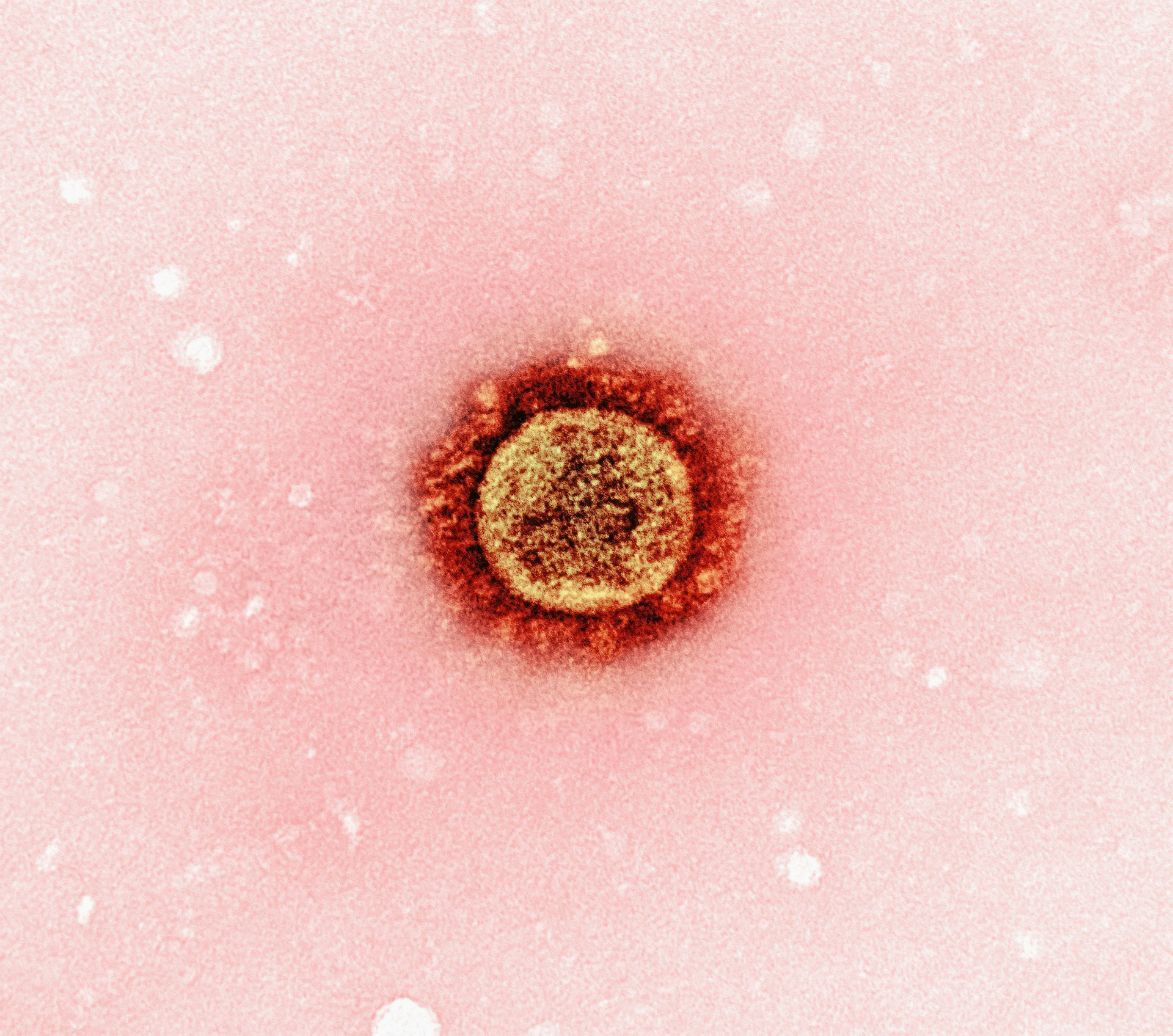News
Gauteng’s Measles Spike: Why Vaccination Has Never Been More Urgent

181 confirmed cases, three major metros affected, and a warning from health experts — Gauteng’s growing measles outbreak is a wake-up call.
In a year where many hoped public health emergencies would ease, Gauteng has found itself in the grips of a preventable outbreak. From January to mid-June 2025, 181 laboratory-confirmed cases of measles have been recorded across the province, with hotspots emerging in Johannesburg, Tshwane and Ekurhuleni.
The Gauteng Department of Health has since ramped up its response — but experts say more needs to be done, and urgently.
“This isn’t just a childhood rash”
Measles might be dismissed by some as a mild childhood illness, but health professionals are warning otherwise. According to Professor Talitha Crowley, a nursing academic from the University of the Western Cape, measles is one of the most contagious viruses on Earth and can cause devastating complications.
“This isn’t just a childhood rash,” said Crowley. “It can lead to diarrhoea, pneumonia, blindness, brain inflammation, and in some cases, death — especially in young children, malnourished individuals and those with compromised immune systems.”
The virus spreads easily through the air and can linger on surfaces for hours. Symptoms start with a fever, cough, runny nose and red eyes before the tell-tale red rash spreads from the face downward.
The real threat? Low vaccination rates
One of the key reasons Gauteng is seeing this outbreak, Crowley explained, is that vaccination coverage in the province has dipped well below the 95% needed to create community immunity. In fact, some areas are sitting at under 75%.
“To prevent any measles outbreak, we need fewer than 5% of people unvaccinated in a given area,” she warned. “Anything more than that opens the door to outbreaks — and that’s what we’re seeing now.”
Shockingly, some communities in South Africa have recorded zero-dose children — children who haven’t received a single vaccine.
How did it get this bad?
Vaccine hesitancy has grown in recent years, exacerbated by misinformation and reduced access to routine immunisation services during the pandemic. A 2024 Department of Health webinar revealed that up to 22% of children in some parts of the country were unvaccinated.
The Western Cape, however, offers a hopeful example. Thanks to targeted campaigns, the Cape Metropole increased its under-5 immunisation rate to 90% by early 2025.
South Africa’s official immunisation schedule includes routine measles vaccinations at six and twelve months of age. For those who missed their jabs, catch-up doses are available — and there’s no age limit.
What should parents and caregivers do?
The first step, according to Prof Crowley, is checking your or your child’s vaccination status. “If you’re not sure, speak to your clinic or healthcare provider,” she advised.
In cases where someone is exposed to measles, a post-exposure vaccine within three days may prevent illness. And if symptoms do appear — especially fever and rash — individuals should seek medical help immediately. Measles is a notifiable disease in South Africa, which means every case must be reported to health authorities.
Importantly, even vaccinated individuals who do contract the virus tend to experience milder symptoms and are less likely to spread it.
A call for community action
Public reaction to the outbreak has been mixed, with some taking to social media to share fears about the rapid spread, especially in crèches and schools. Others have used the moment to call for better education and stronger health campaigns to combat anti-vaccine sentiment.
“We cannot afford complacency,” wrote one Johannesburg parent on X (formerly Twitter). “This is preventable. Protect your kids. Protect our community.”
Prof Crowley echoed the sentiment: “With vigilant immunisation efforts and public awareness, measles can be controlled — and lives can be saved.”
Let this outbreak serve as a reminder: Vaccines don’t just protect individuals, they shield entire communities. And when vaccination rates drop, everyone is at risk.
Source:IOL
Follow Joburg ETC on Facebook, Twitter , TikTok and Instagram
For more News in Johannesburg, visit joburgetc.com



























